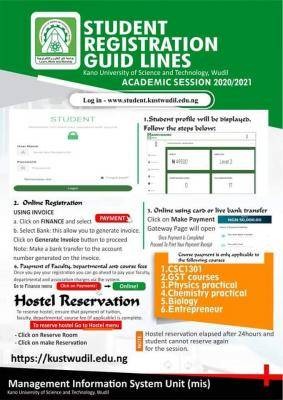
Writing a paper is an art, a meticulous process that demands not only creativity but also strategic thinking and research skills. Whether you’re a student navigating the academic landscape or a seasoned professional working on a research project, the process of crafting a well-structured paper can be both challenging and rewarding. In this comprehensive guide, we will delve into the intricate world of paper writing, offering insights and tips from seasoned professionals who have mastered the craft. From the inception of an idea to the final polishing touches, each step plays a crucial role in producing a compelling and impactful piece of work.
Nurturing the Seed of an Idea
The journey of writing a paper often begins with a spark of inspiration or a problem that needs solving. Pros understand the significance of nurturing this initial idea. Start by identifying your topic and refining it to make it specific and manageable. Consider the scope of your paper and define the purpose – is it to inform, persuade, or analyze? Additionally, professionals recommend conducting a preliminary literature review to ensure that your idea is not only original but also contributes to existing knowledge. Remember, the first thing is the topic sets the stage for a successful paper.
Crafting a Solid Thesis Statement
One hallmark of a well-written paper is a clear and concise thesis statement. Professionals emphasize the importance of spending time refining this critical element. Make sure to read more about writing a research paper for your study so that is reliable and well-defined. Your thesis statement should encapsulate the main argument or purpose of your paper in one or two sentences. It acts as a roadmap for both the writer and the reader, guiding the flow of the paper. The pros advise revisiting and tweaking the thesis as you delve deeper into your research, ensuring it remains a true reflection of your evolving understanding of the topic. A strong thesis statement not only anchors your paper but also entices readers to explore further.
Conducting Thorough Research
The backbone of any academic or professional paper is the quality of research that supports it. Seasoned writers know that thorough research is non-negotiable. Begin by identifying reputable sources, such as academic journals, books, and scholarly articles. Take meticulous notes, keeping track of citations and references as you go. Utilize online databases and libraries to gather diverse perspectives on your topic. Professionals stress the importance of staying organized during this phase, creating a system for managing sources and notes to streamline the writing process later on. Remember, a well-researched paper is a testament to your commitment to delivering credible and authoritative content.
Outlining – The Roadmap to Coherence
One key piece of advice from the pros is the significance of outlining before diving into the writing process. An effective outline serves as a roadmap, providing a clear structure for your paper. Start with a strong introduction, followed by the main body that presents your arguments, and conclude with a powerful summary. Within the body, organize your points logically, ensuring a smooth and coherent flow from one idea to the next. Professionals stress that a well-thought-out outline not only enhances the clarity of your paper but also makes the actual writing process more manageable, preventing you from feeling overwhelmed by the sheer volume of information.
Writing with Precision and Clarity
Once the groundwork is laid, it’s time to bring your paper to life through writing. Pros emphasize the importance of precision and clarity in conveying your ideas. Be mindful of your language choices, avoiding unnecessary jargon that may alienate readers. Present your arguments logically, supporting each point with evidence from your research. Pay attention to the overall coherence of your paper, ensuring that each paragraph flows seamlessly into the next. Professionals often recommend writing multiple drafts, allowing for refinement and improvement with each iteration. Precision in writing not only enhances the readability of your paper but also demonstrates a mastery of the subject matter.

Editing and Polishing – The Final Touches
Even the most seasoned writers acknowledge that a well-written paper is the result of careful editing and polishing. Pros recommend taking a step back after completing the initial draft, allowing yourself some distance before revisiting your work with a critical eye. Look for grammatical errors, typos, and inconsistencies in your arguments. Consider the overall structure and flow of your paper, ensuring that each section contributes to the coherence of the whole. Seeking feedback from peers or mentors can provide valuable insights and perspectives. Professionals understand that the final touches are not just about correcting errors but elevating the overall quality of your paper, making it a polished and refined piece of work.



